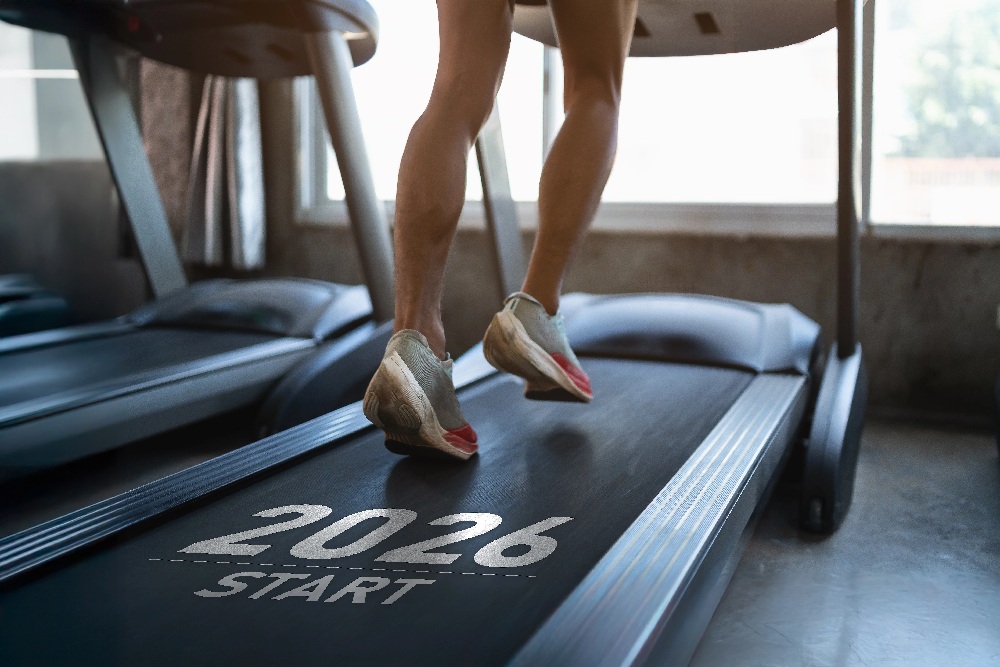
January represents a fresh start for many people. New goals, renewed motivation, and a desire to feel stronger, healthier, and more confident after the indulgences of the holiday season often take center stage.

January represents a fresh start for many people. New goals, renewed motivation, and a desire to feel stronger, healthier, and more confident after the indulgences of the holiday season often take center stage.
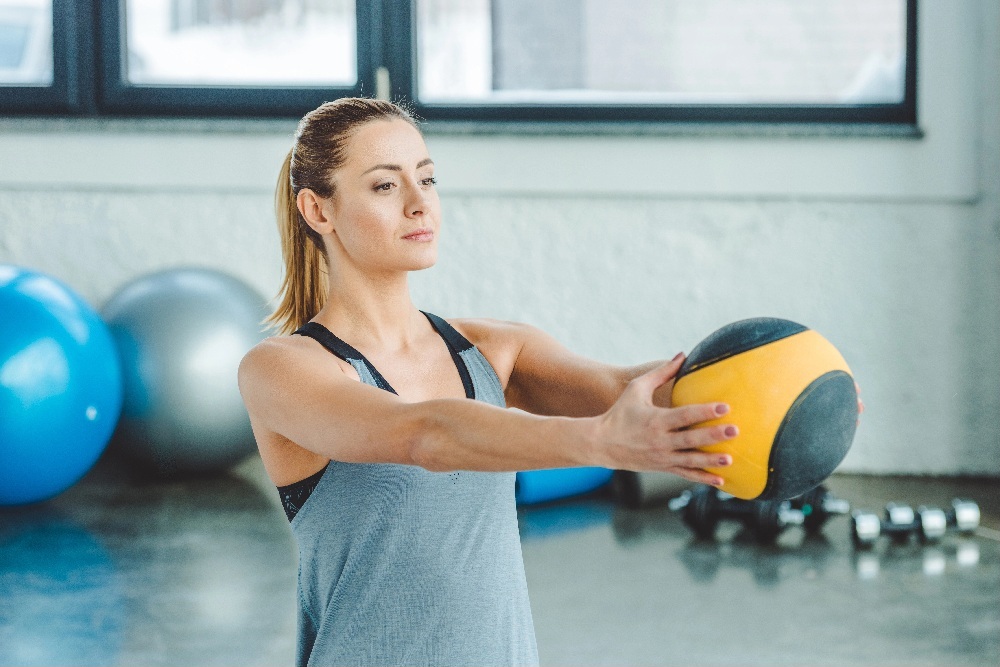
As summer winds down and routines settle back into a post-vacation rhythm, September becomes the perfect month to hit the reset button on your fitness journey. Whether you took a break over the summer or are just getting started, this transitional month is an ideal time to refocus on consistent gym workouts and fuel your body with smart nutrition choices.

Maintaining a low-calorie diet can be challenging, especially when it comes to dinners that need to be filling, nutritious, and easy to make. A low-calorie dinner doesn’t mean skimping on flavor or satisfaction!
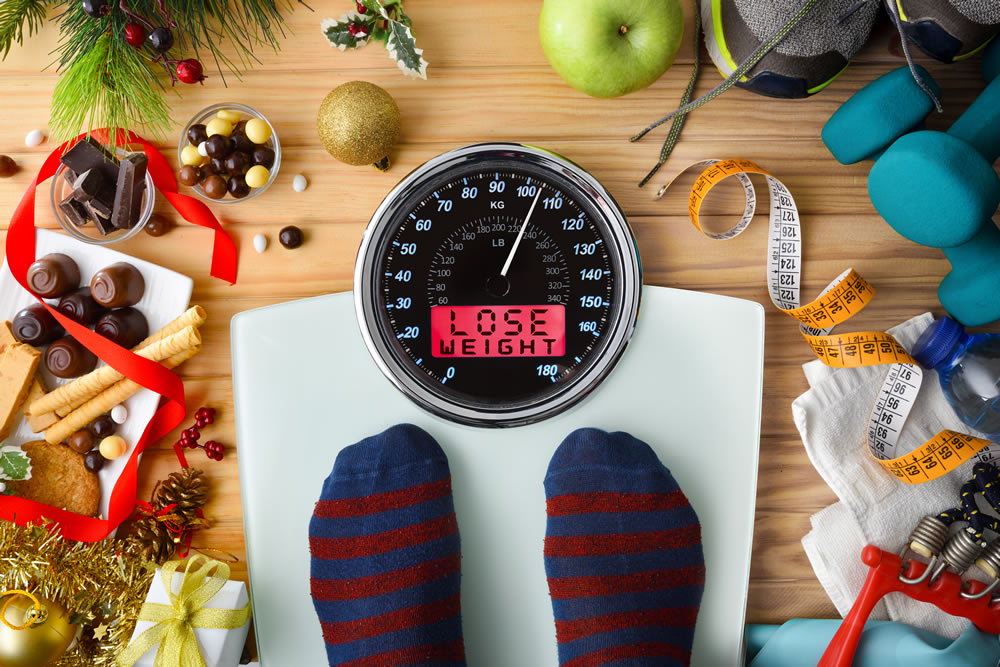
The winter holidays are a joyous time filled with festivities, family gatherings, and delicious food. However, it's also a season where many individuals find it challenging to maintain a healthy lifestyle. The combination of cold weather, tempting treats, and busy schedules can lead to neglecting our well-being. Let's In this article, we'll explore strategies to stay healthy during the winter holidays, incorporating three gym exercises for those who prefer indoor workouts, and two easy and nutritious recipes to keep your diet on track.

When your body lacks enough fluids a common side effect is a headache. Many specialists claim that this occurs because blood vessels contract in an effort to conserve fluid. So the next time you feel a headache coming on drink water and continue to do so during the course of the day. Also stay away from caffeine drinks such as tea and coffee or alcohol, all of which dehydrate you and prevent your headache from going away.

Eat Fresh Foods
While manufacturers are getting better at reducing the sodium levels in foods, you should still read the labels. Fresh foods like fruits, vegetables, wholegrains, unsalted nuts and fresh lean meats are naturally low in sodium and should make up the majority of your diet.
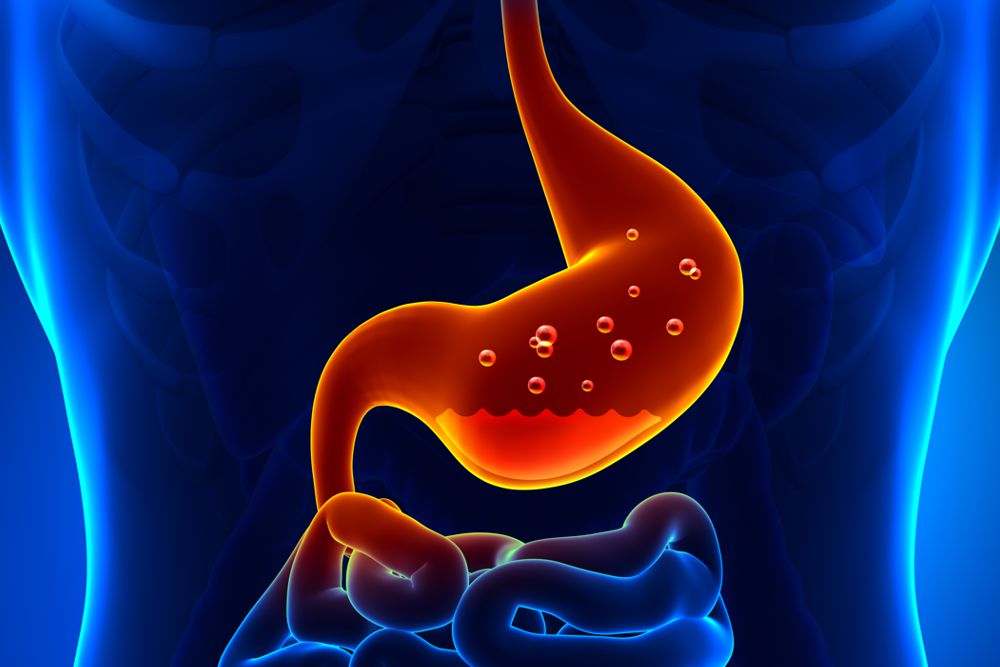
The stomach, which contains hydrochloric acid, will help in the proper digestion of food. The problem lies when the LES either does not close all the way or it opens too often that produces acid to your stomach and move up into your esophagus.
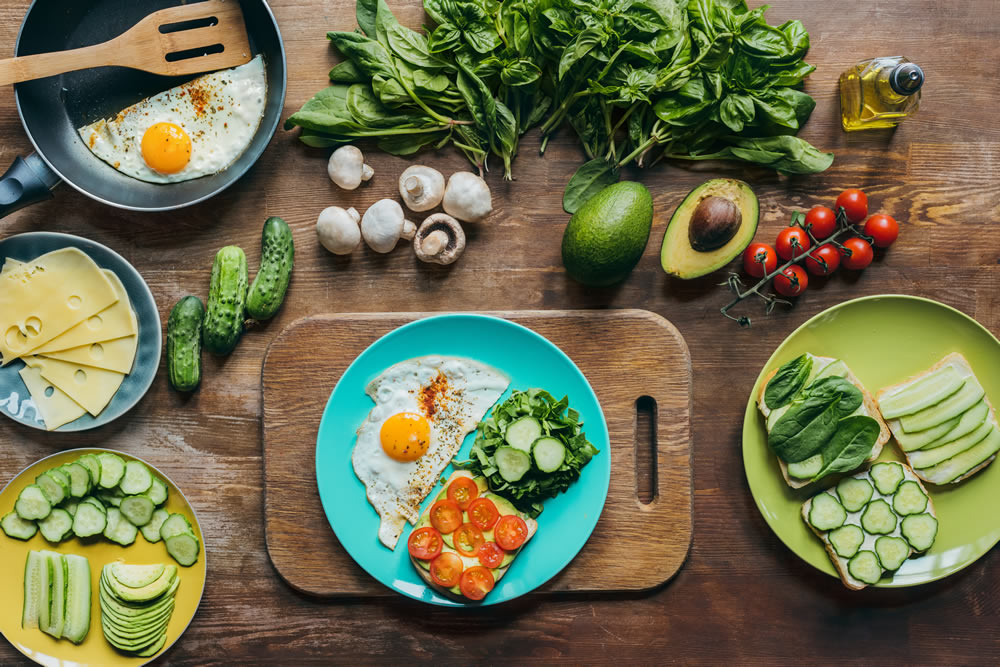
Start your day with a big glass of water and continue to sip on water throughout the day. If you're looking for something with a bit more flavor, try adding slices of cucumber or lemon to your water for a refreshing boost of flavor.
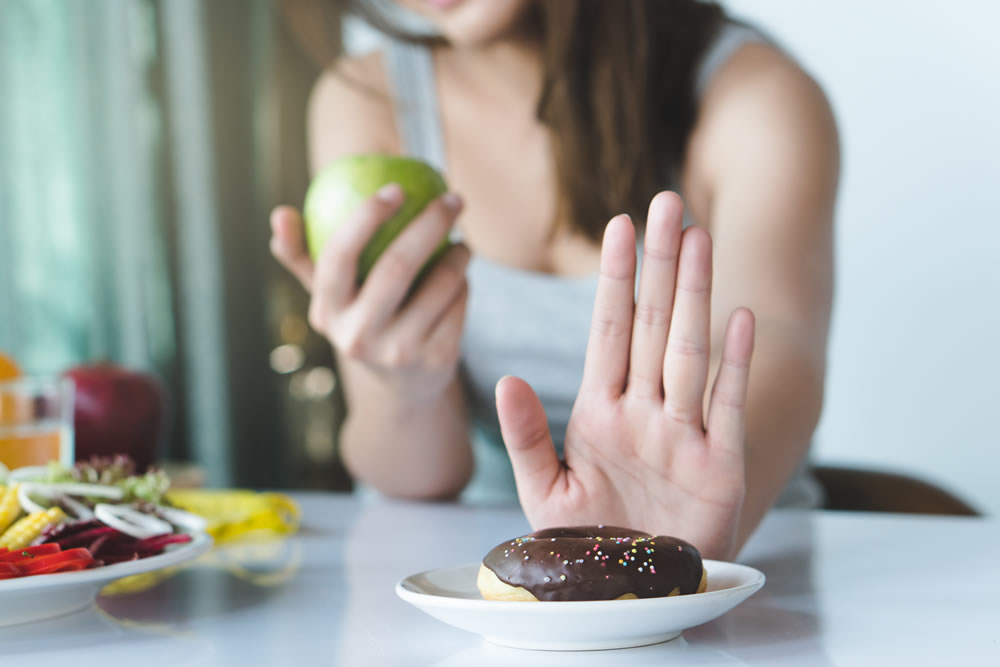
The most important part of any diet is being able to stay on it to achieve the desired results. By making the diet too extreme or limiting, it can become too difficult to follow.

Eat more leafy greens
Leafy greens like spinach and kale are already known to be packed full of essential nutrients like iron, vitamin A, vitamin K and magnesium, but they’re also a rich source of folate, which helps the body to produce feel-good neurotransmitters like serotonin and dopamine.
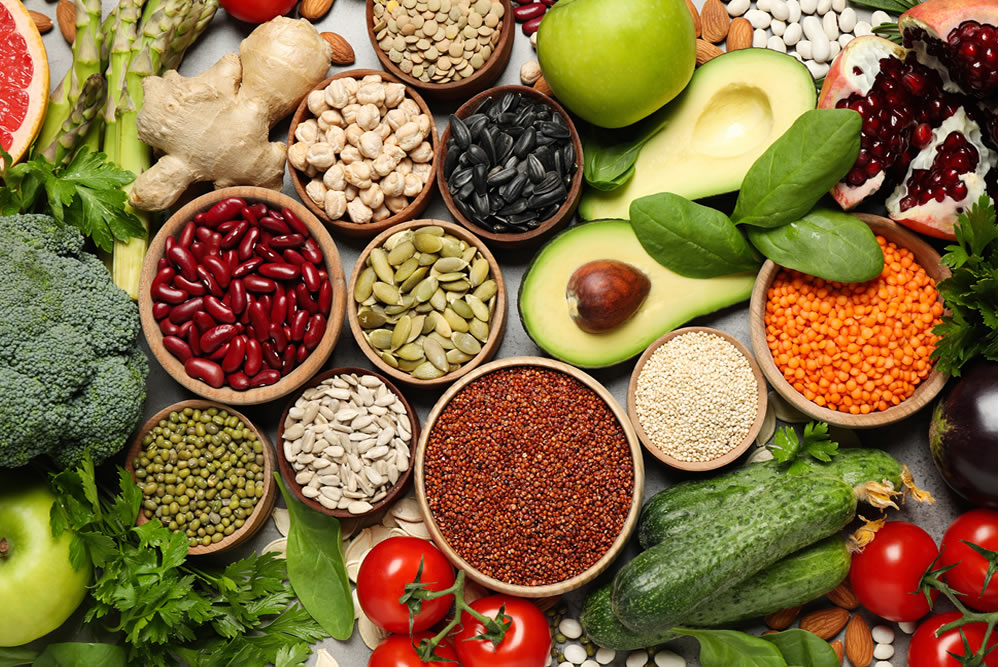
Our bodies need to be fueled correctly in order to function to the best of their ability when working out. Consuming the right foods and fluids before and after you exercise is crucial to get the best out of your exercise.

Here are six food swaps to help make your next barbecue a bit lighter and kinder on your waistline.

Successful muscle definition isn’t the result of luck or magic, but rather the culmination of hard-work and dedication to training and nutrition. Training alone will not result in muscle definition so it's important to keep your diet in check.

They are high in fibre which improves digestive function and bulks up the stool to make bowels more regular

Weight loss can be achieved through gradually reducing the amount of calories you take in or by doing repetitive exercise for any given duration i.e. walking, jogging, running, cycling etc
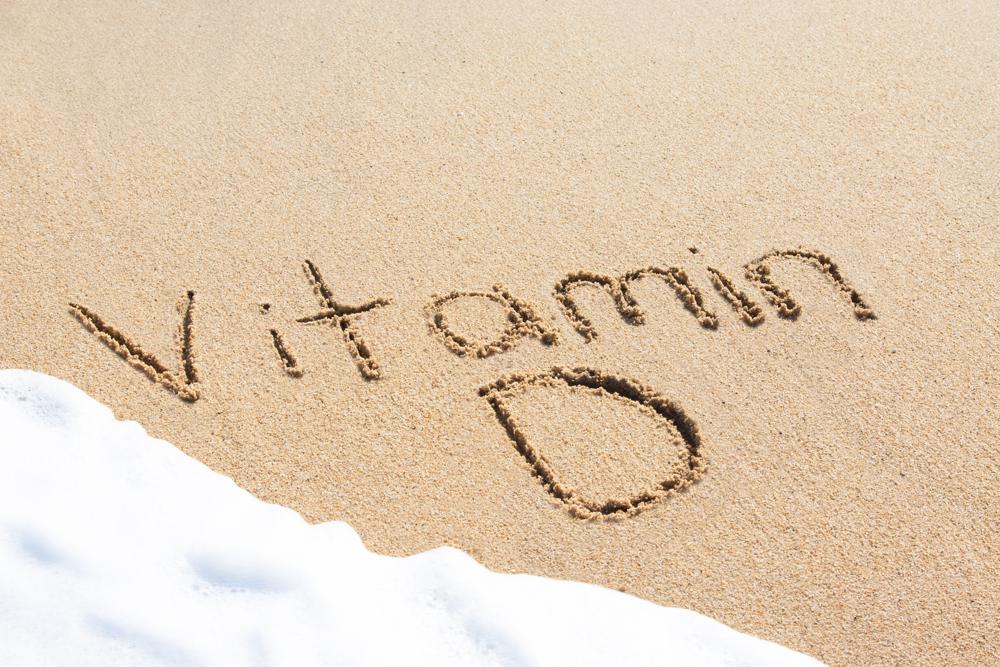
There are three ways to get this much needed vitamin: the sun’s UV rays, food sources and supplements.
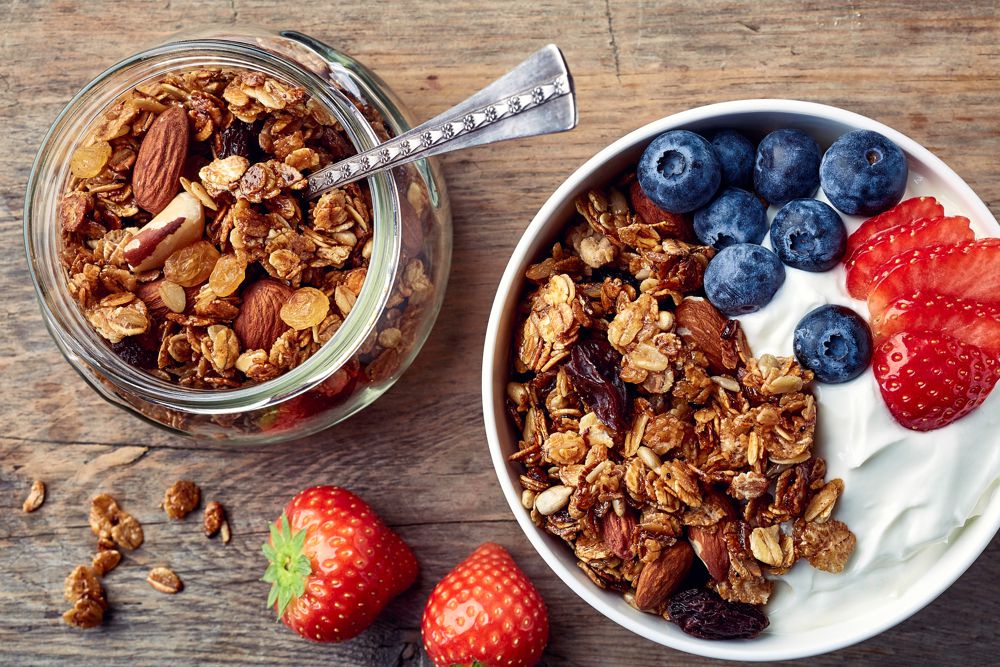
So, how do you keep a spring in your step when your fuel tank is low? Thankfully, nature provides food varieties that serve up big flavor and an even bigger energy hit.

1) “Eating past 7pm is bad for you” – Our body doesn’t store more calories just because it’s later in the day however ideally you should aim to have your last main meal around 2-3 hours before bedtime to avoid indigestion. Eating late at night isn’t problematic if you truly are hungry or have just come in late from work etc. however it may be problematic if you are snacking on high fat/sugar foods out of boredom and subsequently eating too many calories over the course of the day.

Often people think of protein as a means for “bulking up” at the gym – but in fact, protein is so much more. Did you know that protein is a component of every single cell in your body, and is used to build and repair bones and tissue?
So it’s safe to say – sourcing adequate protein is pretty important!
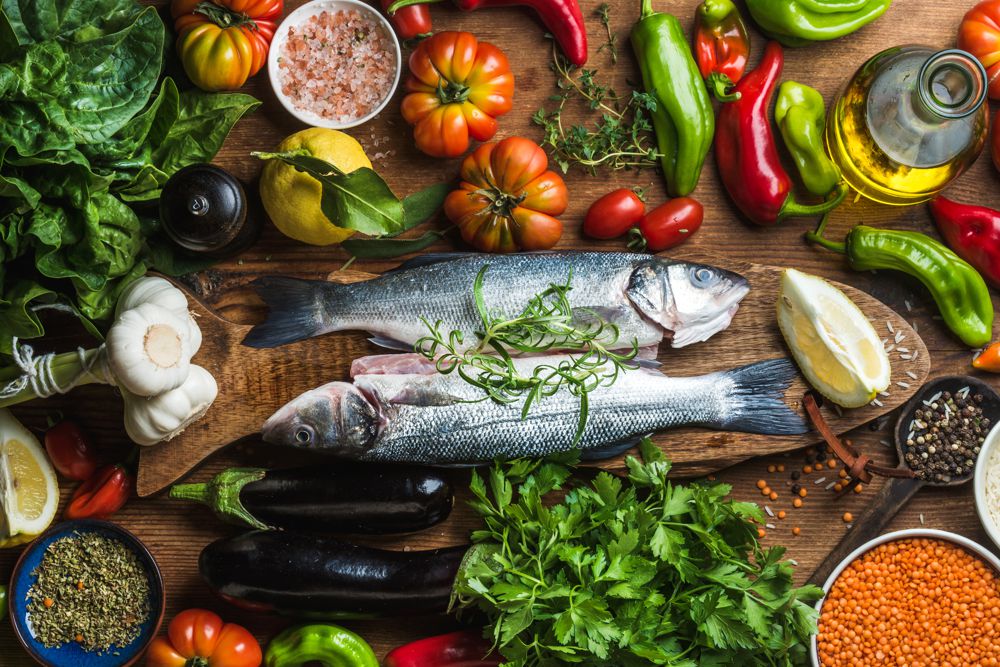
WHAT IS THE MEDITERRANEAN DIET?
Thanks to dense coastlines and rich soils, the islands caressing the Mediterranean Sea serve up diets full of nuts, veggies and legumes, and olive oils. Traditionally a peasant-style diet, it’s largely plant-based, with little meat, and next to no hyper-processed foods. However, it is relatively high in fat – meaning if the Mediterranean diet is as healthy as research shows, fat is not the enemy commonly thought of in Western diets.

If you’ve ever set a big goal, you know that your excitement and enthusiasm are high and you can’t wait to get started. But over time, motivation naturally starts to decrease and day-to-day life becomes a distraction. But that’s no reason not to set goals in the first place. You just have to change your strategy.

1. Carbohydrates
Eating carbs increases the level of tryptophan in your blood, which the body converts into serotonin – a sleep-inducing brain chemical that slows nerve impulses and promotes calm. While more research is needed, sleep researchers generally agree that including a carbohydrate, particularly slow-burning carbs (beans, pasta, quinoa, sweet potato) to your evening meal will help you sleep more soundly.
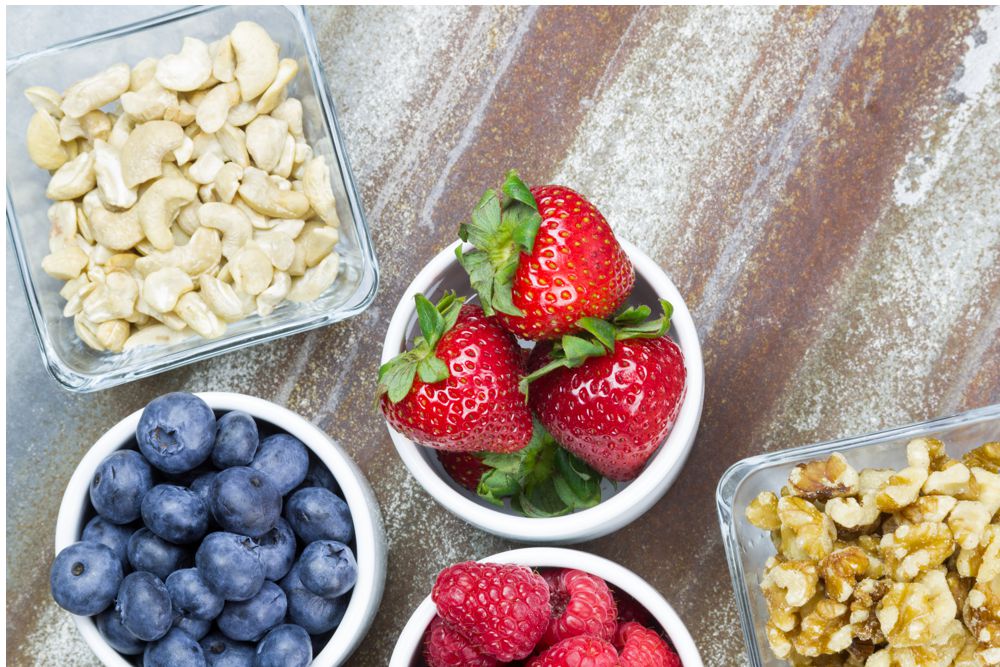
1. Fresh Fruit
Bananas: an excellent source of energy, Vitamin B6, potassium and fiber.
Apples: a great source of fiber, Vitamin C and help regulate blood sugar. They’re very satisfying, making them a perfect afternoon snack.
Blueberries: Blueberries are packed with Vitamin K, Manganese, Fiber and Vitamin C, and their antioxidant count is high.
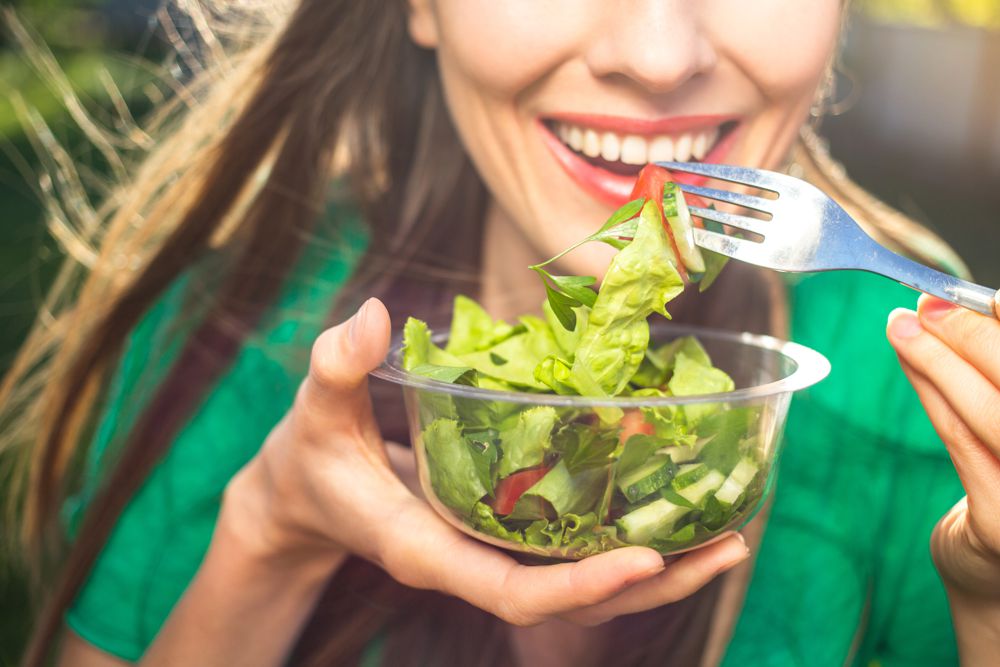
Vitamin A is a potent antioxidant necessary for collagen and keratin production – a type of protein responsible for skin strength and smooth, plump appearance (not quite the same as what you find in fancy skin creams. Be sure to include lots of sweet potato, carrots, dark leafy greens, pumpkin, capsicum, mangoes and broccoli in your diet.

My general compromise for a person without these conditions is: 1 good quality coffee per day. What do I mean by good quality coffee? Coffee made by running water through ground coffee beans with an espresso machine, plunger etc. Instant coffee is not OK as it is high in a chemical called acrylamide which has been shown to cause nerve damage and some research suggests that it is carcinogenic (cancer causing).
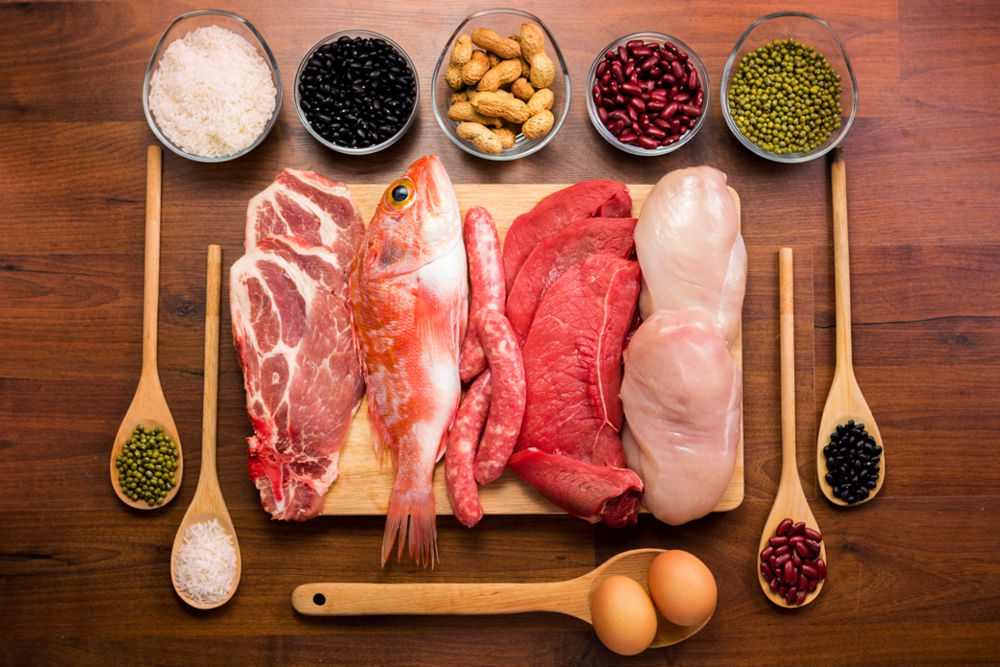
Red meat
Whether you want to strip body fat, or build lean muscle, eating red meat helps by keeping you fuller for longer and curbing hunger cravings.
A powerful source of energy and nutrients – such as vitamin B2, iron and zinc, red meat also helps the functioning of bones and muscles. When selecting your meat look out for fresh, lean cuts which have a vibrant red color, and opt for grass-fed beef, which has higher levels of omega-3 fats.
Enjoy red meat twice a week, and chicken, fish or vegetable sources of protein on other days.

When we are stressed, or experience stress there are changes in the brain and in the whole body. We experience the ‘stress response’ or ‘fight-flight’ response. When we are in danger or feel threatened our body gets ready and geared up to face up to it in the best possible way to survive. Our heart rate increases, muscles become tense, stress hormones are released and flood into the nervous system, fats and sugars release to create instant energy, the digestive system shuts down to save energy and the area of the brain which is used for clear decision making shuts down.

1. Willpower is a mind-body response
You may have heard the mantra ‘tell your mind what to do and your body will follow.’ It seems logical that willpower works simply through your mindset, however, it’s actually a full-blown mind-body response. This mind-body response triggers a ‘pause and plan’ effect, which puts your body into a calmer state, unlike the adrenaline rush of stress, which depletes your willpower reserves and leads to poor decision making. The result is the difference between reaching for that chocolate bar or taking a deep breath and making a cup of tea instead.

Sleep
Alcohol may help you fall asleep quickly, but the quality of your sleep may not be so good. Those who drink close to bedtime don’t get enough rapid eye movement (REM) sleep where important processes of dreaming and restoration occur. This lack of sleep impairs muscle recovery and reduces energy, meaning your workouts the next day will suffer.
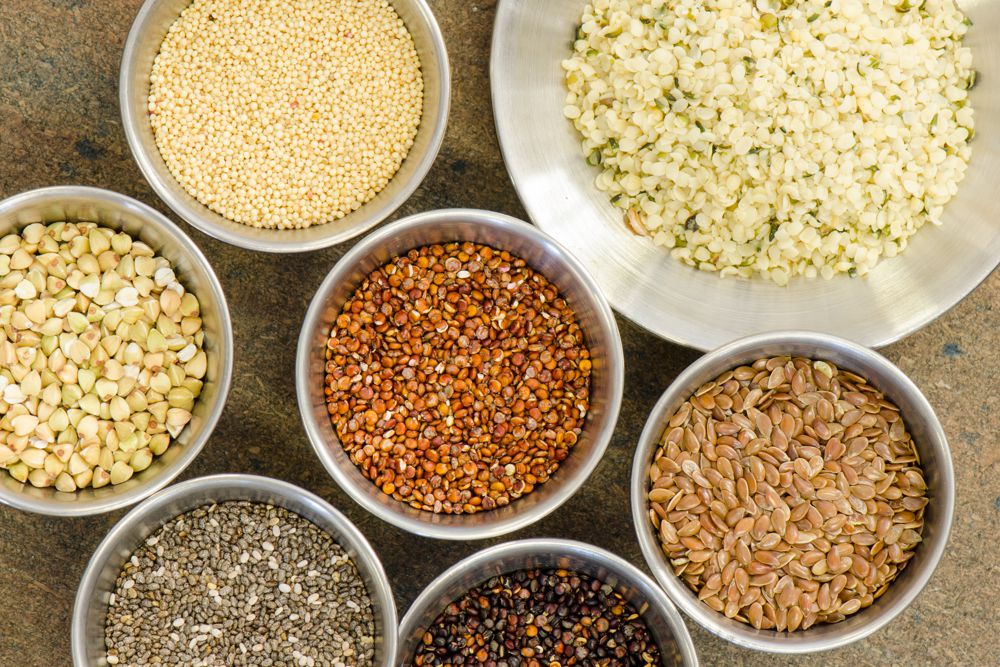
Modern wheat has been subjected to selective breeding over thousands of years, stripping it of many nutrients, but untouched ancient grains boast a far richer nutritional profile. Higher in protein and lower in gluten, they’re an excellent source of dietary fiber, which not only give you a “full” feeling, but are necessary for digestive health.
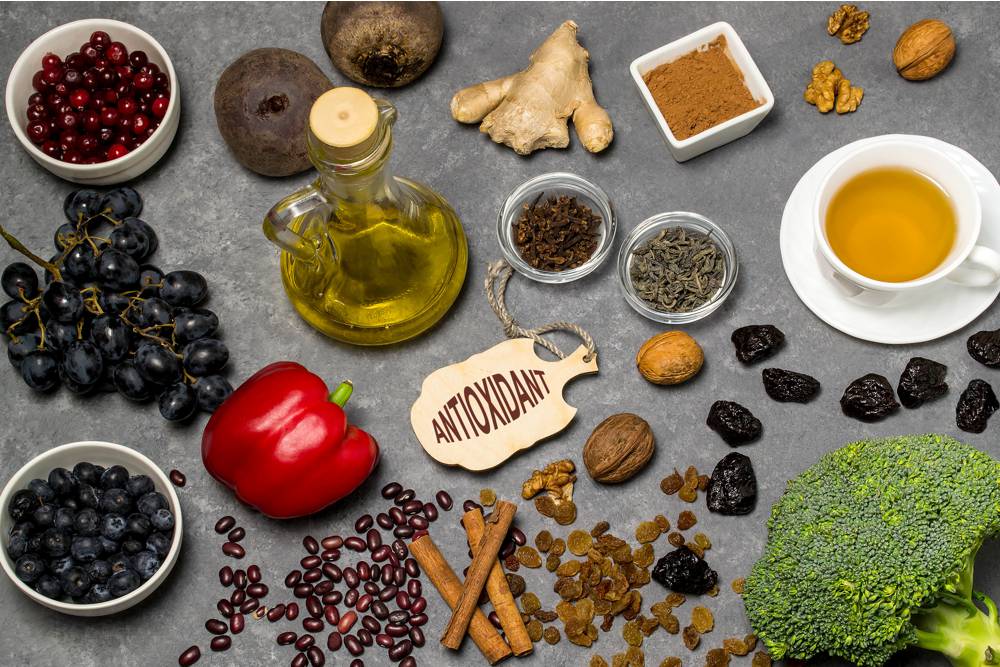
When we think of athletes and active people, we certainly don’t think of exercise being dangerous to their health. It makes sense that active people would be healthier than sedentary ones. The truth is, exercise and strenuous physical activity can increase our oxygen consumption in order to meet our energy demands.

Whether it’s your heart beating, nerves communicating or muscles pumping – your metabolism works 24/7 and is the source of your energy. To carry out these bodily functions, we require energy that ultimately comes from our food. Metabolic rate is affected by many factors, including our age, weight and genetics.

Keep a bottle of water with you during the day:
While it might seem obvious, always carrying a water bottle with you will encourage you to keep sipping on water throughout the day. Keep a bottle on your desk at work, in your car or in your gym bag and you’ll have one with you wherever you go.
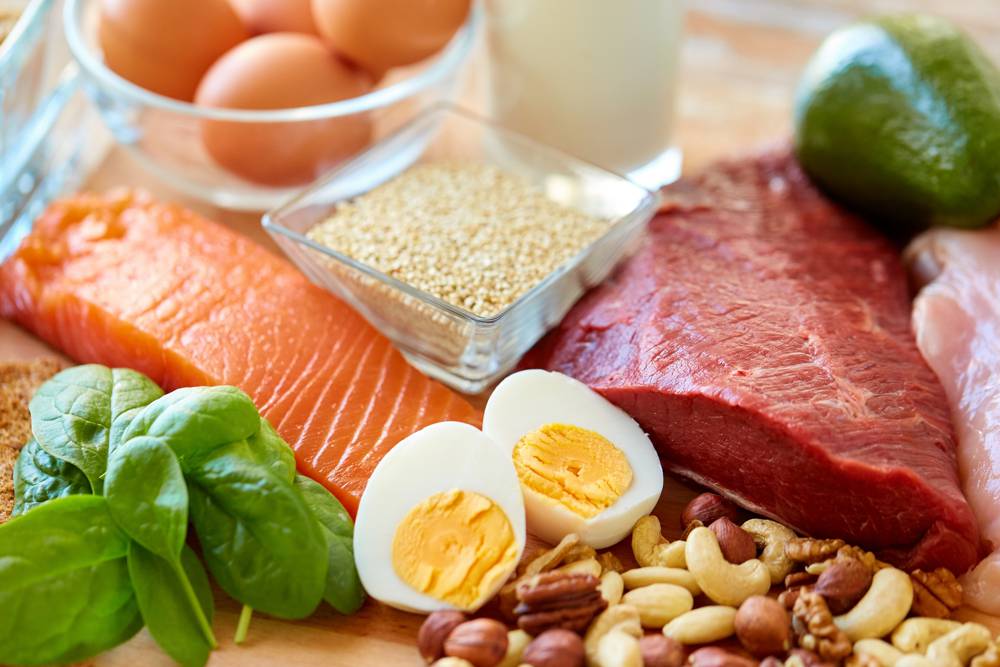
Including foods with protein in every meal and snack is essential for weight and fat loss. Protein containing foods help to make you feel fuller for longer period of time, preventing blood sugar spikes and dips.

Studies have shown that even just one alcohol-free month boosts both your short- and long-term health and can help you drink less in the months following.

Drinking coffee is a well-established and much loved part of many of our daily routines, with the majority of us not surviving the morning without a cup of our favourite brew. Coffee has become not just something we drink to help us wake up in the morning, but a way of life and a real part of our culture. Something perhaps less thought about is the impact a coffee has on athletic performance and whether it can be used as an effective pre-workout stimulant.

Feel a cold coming on? Can’t shake your cough? Don’t worry these immune boosting foods are star defense players in your diet.

Filling your fridge with healthy perishables makes whipping up nutritious meals a pleasure, not a chore. Fill your fridge with these 10 versatile ingredients.
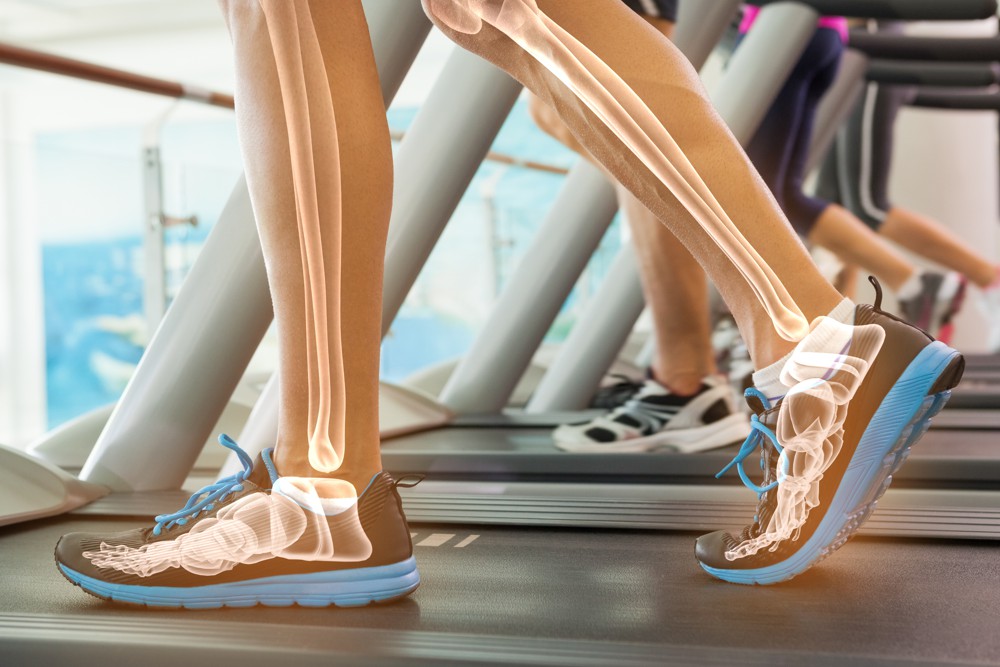
Our skeleton is also extremely efficient, despite supporting the weight of our entire body. The dry weight of a healthy human skeleton averages only around 7% of total body mass – so blaming excess weight on ‘big bones’ is not exactly an excuse!
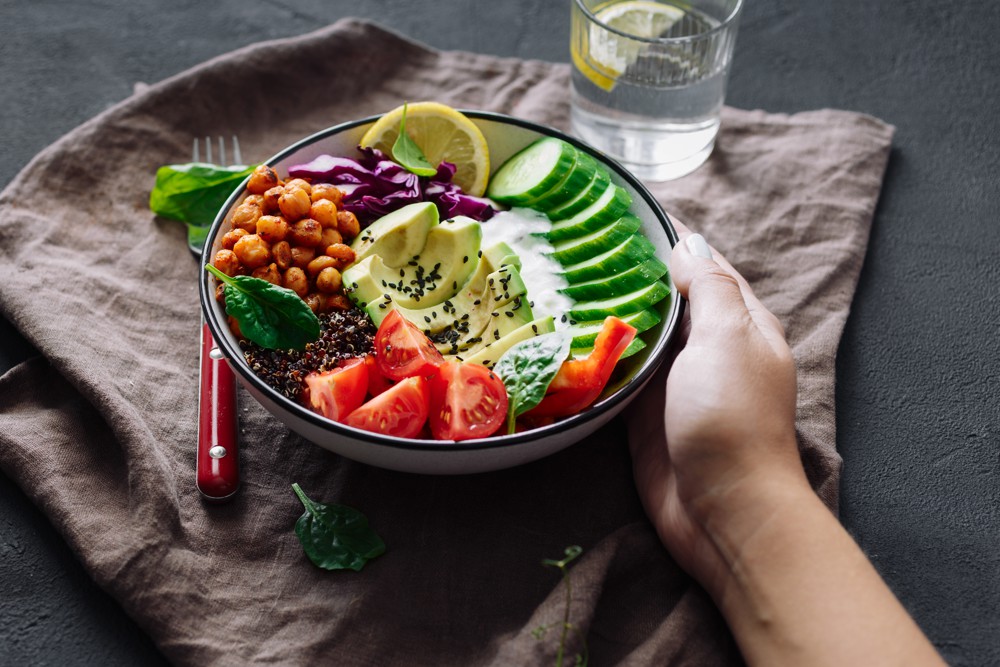
Are you getting enough nutrients to power through your HIIT class or do you sometimes feel like you’re running on empty? Lookout for these 5 common signs you’re not eating enough to fuel your workout.
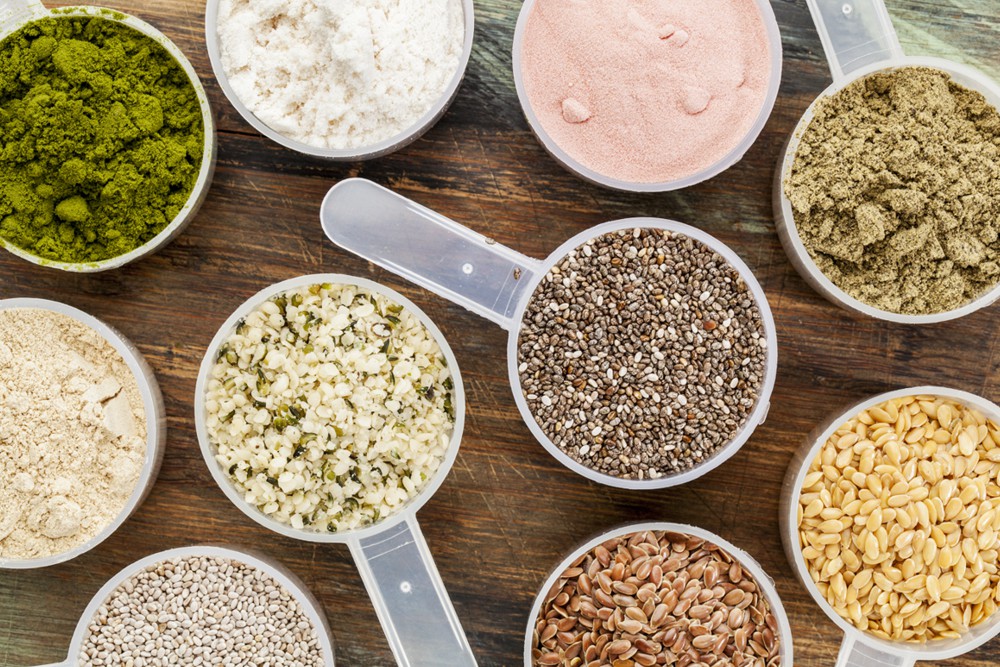
If you’re into fitness, you’re most likely aware that protein is essential for muscle growth and recovery. But what about protein supplements? Are they necessary? What should you look for? Here is the best-practice guide.
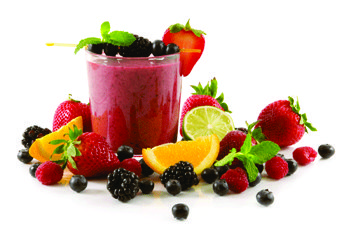 When comes to diet doesn’t mean starving all the time. If you’re not eating enough your body goes into ‘starvation’ mode and begins to consume muscle, not fat. You need to eat enough to maintain healthy levels of blood glucose to sustain your energy throughout the day. Three meals a day will burn stored fat if you’re also exercising regularly. Regular intake of food creates a ‘thermic’ effect as your body processes the calories. This increases your metabolism.
When comes to diet doesn’t mean starving all the time. If you’re not eating enough your body goes into ‘starvation’ mode and begins to consume muscle, not fat. You need to eat enough to maintain healthy levels of blood glucose to sustain your energy throughout the day. Three meals a day will burn stored fat if you’re also exercising regularly. Regular intake of food creates a ‘thermic’ effect as your body processes the calories. This increases your metabolism.
Skipping meals is bad for your body. This applies especially to breakfast. Even if you don’t feel hungry at that time, eating and drinking something nutritious in the morning is one of the best things you can do for your body.
When trying to lose weight it’s important to know your daily caloric intake. To reduce weight safely at the rate of 1 to 2 pounds a week you need to subtract calories from your daily total.
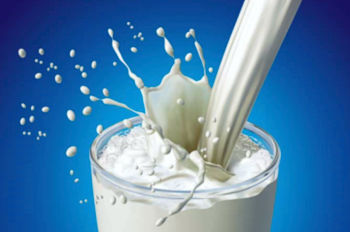 Fat never goes out of fashion at least not the numerous approaches to getting rid of it. How it gets there is generally well documented usually under the headings of an unbalanced diet and lifestyle. Of course, getting rid of just about anything is always going to be harder than if we’d simply avoided it in the first place, but here we have a recent study that looks at making a cure for too much fat from one of the main culprits: namely dairy products.
Fat never goes out of fashion at least not the numerous approaches to getting rid of it. How it gets there is generally well documented usually under the headings of an unbalanced diet and lifestyle. Of course, getting rid of just about anything is always going to be harder than if we’d simply avoided it in the first place, but here we have a recent study that looks at making a cure for too much fat from one of the main culprits: namely dairy products.
It is a truth generally acknowledged that one of the main causes of obesity is a diet high in dairy fats. However, it has been discovered that diets high in low-fat dairy calcium in fact helped burn off more fat than low calcium diets mainly because calcium plays an important role in regulating body weight and fat metabolism.
Although better known for maintaining bone density and strength, calcium also lowers blood pressure and cholesterol, and has been shown to increase weight loss. A recent study found an increase in dietary calcium intake to 1200 1300 mg per day together with a normal intake of protein increased fat and energy excretion by about 350 calories per day.
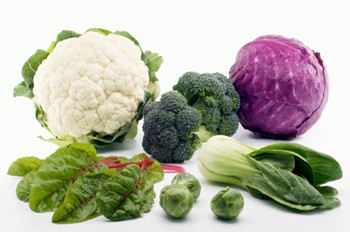 While all vegetables are basically good for your health some are better than others. Cruciferous veggies are special due to their chemical composition which includes sulphurous compounds which give then their pungent flavour. When broken down by either chewing or chopping these sulphurous compounds are converted into isothiocyanates (ITCs) which can prevent and help fight cancer as well as boosting the immune system. Cruciferous veggies also contain antiviral/bacterial agents that can help keep you disease free.
While all vegetables are basically good for your health some are better than others. Cruciferous veggies are special due to their chemical composition which includes sulphurous compounds which give then their pungent flavour. When broken down by either chewing or chopping these sulphurous compounds are converted into isothiocyanates (ITCs) which can prevent and help fight cancer as well as boosting the immune system. Cruciferous veggies also contain antiviral/bacterial agents that can help keep you disease free.
Cruciferous veggies include beets and their greens, bok choy, broccoli, Brussel sprouts, cabbage, cauliflower, collards, kale, kohlrabi, mustard greens, radishes, turnip greens and watercress.

If you’re an Olympic athlete – preferably a cyclist, rower or tennis player – do manual work, live in England, as opposed to Scotland or Northern Ireland, and fast one day a week we have good news for you: you’ll probably be healthier and live longer than those who aren’t or don’t.
According to recent research published on the British Medical Journal website Olympian athletes live 2.8 years longer than average and the cyclists, rowers and tennis players lived longest of all. The study examined the life spans of 25,000 athletes who competed in the Games going back as far as 1896. Those involved in contact sports such as boxing gained the least whereas cyclists and rowers had the best health. However, even those who practised lower intensity sports like golf also had a boost in health and public health specialists from Australia and the US have suggested that even moderate exercise on a regular basis of 150 minutes a week will result in a life extension of several years.

There are many ideas and beliefs about when is the best time of the day to exercise. Many people like to get up and get it done first thing in the morning and others prefer to exercise late in the afternoon or evening.

The term ‘fat-free’ is one of the more common forms of labelling that should raise a warning flag. If you’re new to losing weight it’s an easy mistake. ‘Fat-free’ yogurt may be relatively free of fat but when the fat is taken out the yogurt doesn’t taste so good. Manufacturers compensate by adding more sugar as well as thickening agents neither of which are good for your health or your diet plan. Fat free ice cream is much the same with added sugar in the form of corn syrup that is high in fructose – one of the main causes of obesity.

Your skin is the outside indicator of how your body is doing on the inside. Although important, taking care of it purely from the outside isn’t going to be enough if you want a glowing healthy looking skin.
Here are our top five foods for great looking skin
![]()
Let’s start off with the basics – what does the word Macros mean? Ultimately Macros is short for Macronutrients – Macronutrients refers to the nutrients you get from food that gives us calories or energy. The word ‘macro’ means large, therefore macronutrients are nutrients needed in large quantities. There are three types of macronutrients and they come in the form of Carbohydrates, Fats and Proteins.
WHAT DOES TRACKING YOUR MACROS MEAN?
Fundamentally, tracking your macros means counting how many grams of carbohydrates, fats and proteins that you consume on a daily basis.

Do you need to buy organic all the time? There’s a difference between organic and conventionally grown foods when it comes to nutrition, safety and price. The organic food aisle can be difficult to navigate – not to mention, costly – but there are a few organic and pesticide-free products that are certainly worth the investment.
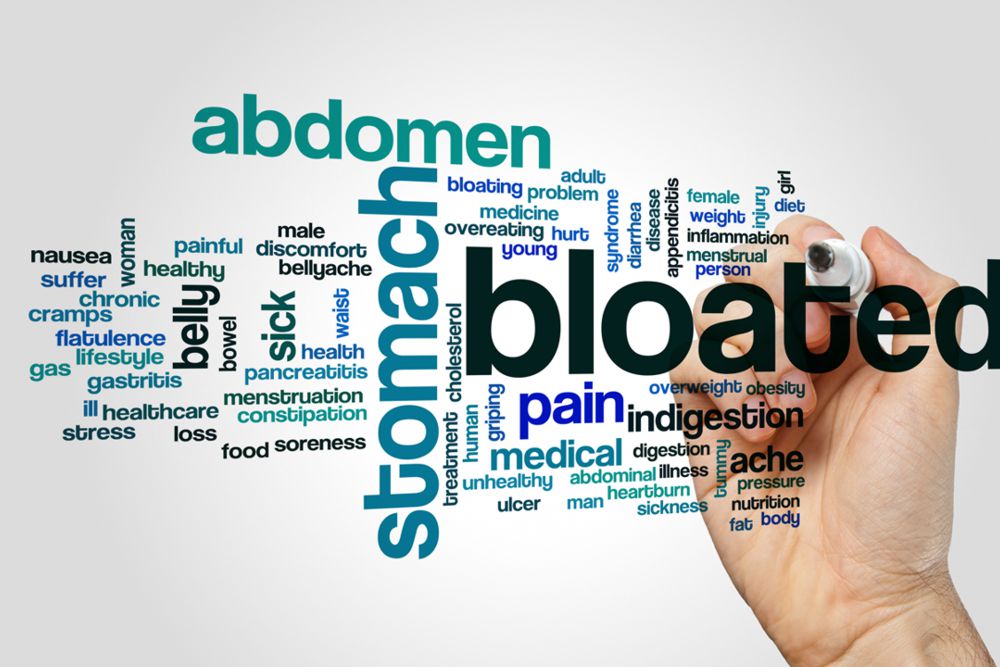
1. Ditch the Gum
When you chew gum, you also swallow a whole heap of air, which can lead to stomach distention.

Despite contrary belief, bread offers many nutritional and health benefits for a well-balanced diet. But with so many options and information out there, how do you know if you’re choosing the right one? Use our guide to help you pick the best bread for you.